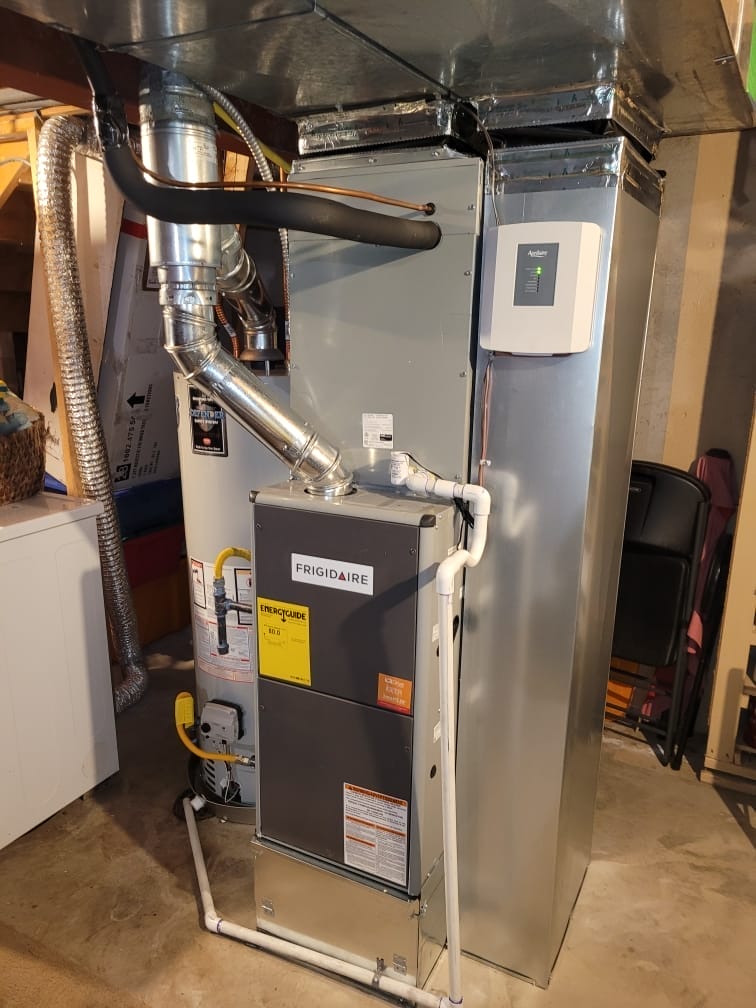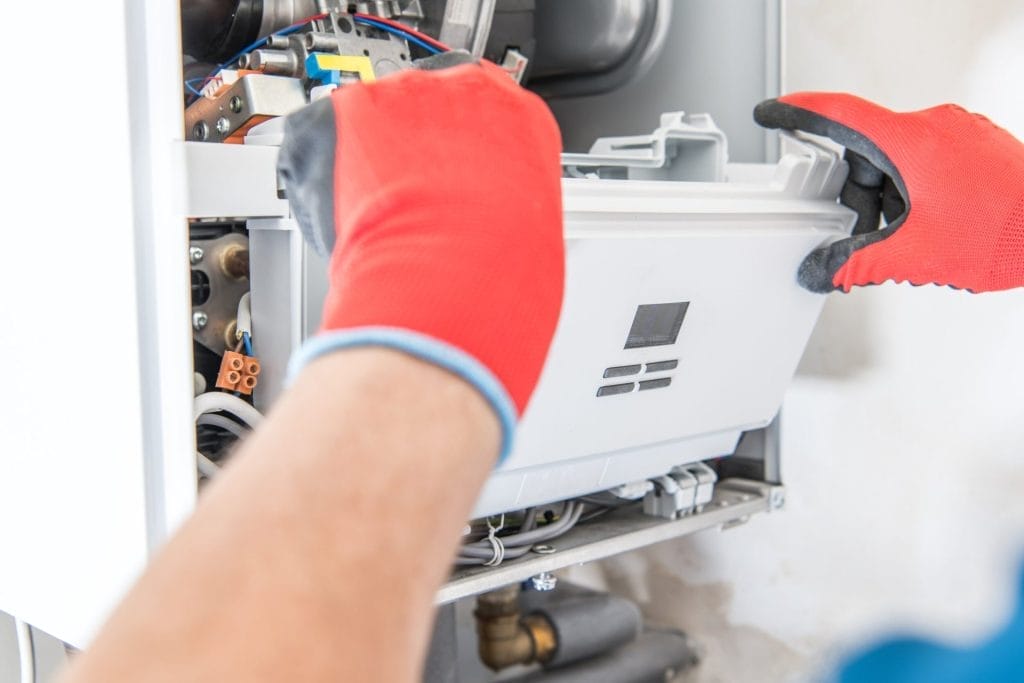
Choosing the right size furnace for your home in Denver, CO, is crucial for maintaining a comfortable indoor environment and ensuring energy efficiency. An improperly sized furnace can lead to a host of issues, including increased energy bills, uneven heating, and frequent breakdowns.
Whether you are considering a new Furnace Installation in Denver or a Furnace Replacement in Denver, understanding the factors that influence furnace size is essential. Working with a reputable HVAC Contractor in Denver can help you make the best decision for your home.
Factors Affecting Furnace Size
Several factors must be considered when determining the appropriate furnace size for your Denver home:
- Climate: Denver’s cold winters and mild summers place specific demands on a heating system. Your furnace must be capable of handling the lower temperatures typical of the winter months.
- Home Size and Layout: The square footage of your home is a primary consideration. Larger homes require more heating capacity. Additionally, the layout, including the number of floors and the configuration of rooms, can influence how heat is distributed throughout the house.
- Insulation Quality: Well-insulated homes retain heat more effectively, potentially reducing the need for a larger furnace. The type and amount of insulation in your walls, attic, and floors play a significant role in determining the optimal furnace size.
- Windows and Doors: The number and quality of windows and doors can affect heat loss. Energy-efficient windows and well-sealed doors can mitigate heat loss, making it possible to use a smaller furnace.
- Existing Ductwork: The condition and design of your existing ductwork impact how well your heating system performs. Poorly designed or leaky ducts can lead to heat loss and may require a larger furnace to compensate.
Calculating the Right Furnace Size
Calculating the right furnace size involves a balance of several technical factors, often best handled by a professional HVAC Contractor in Denver. Here are the steps generally involved in the calculation:
- Manual J Calculation: Professionals use a Manual J load calculation to determine the heating requirements of your home. This involves measuring the home’s square footage, assessing insulation levels, and considering local climate data.
- BTU Rating: Furnaces are rated by their heating output measured in British Thermal Units (BTUs). The required BTU capacity will be determined by the Manual J calculation, ensuring that the furnace can adequately heat your home.
- Efficiency Considerations: High-efficiency furnaces may allow you to use a furnace with a lower BTU rating while still effectively heating your home. This can result in lower energy bills and a reduced environmental impact.
- Professional Assessment: Engaging with an experienced HVAC Contractor in Denver can simplify this process. They have the expertise to evaluate your home’s specific needs and recommend a furnace size that will provide optimal performance and efficiency.
Conclusion: What Size Furnace Do I Need?
Selecting the right furnace size for your Denver home is a critical step in ensuring comfort, efficiency, and longevity of your heating system. By considering factors such as climate, home size, insulation, and existing ductwork, you can make an informed decision. However, the complexities involved in calculating the correct furnace size underscore the importance of professional guidance.
For those in need of Furnace Installation in Denver or Furnace Replacement in Denver, Top Shelf Electric, Heating, & Plumbing stands out as a trusted partner. With their expertise in HVAC systems, they can help you navigate the process of selecting and installing the right furnace, ensuring your home remains warm and energy-efficient throughout the cold season. Let’s chat today and take care of your furnace before winter.

